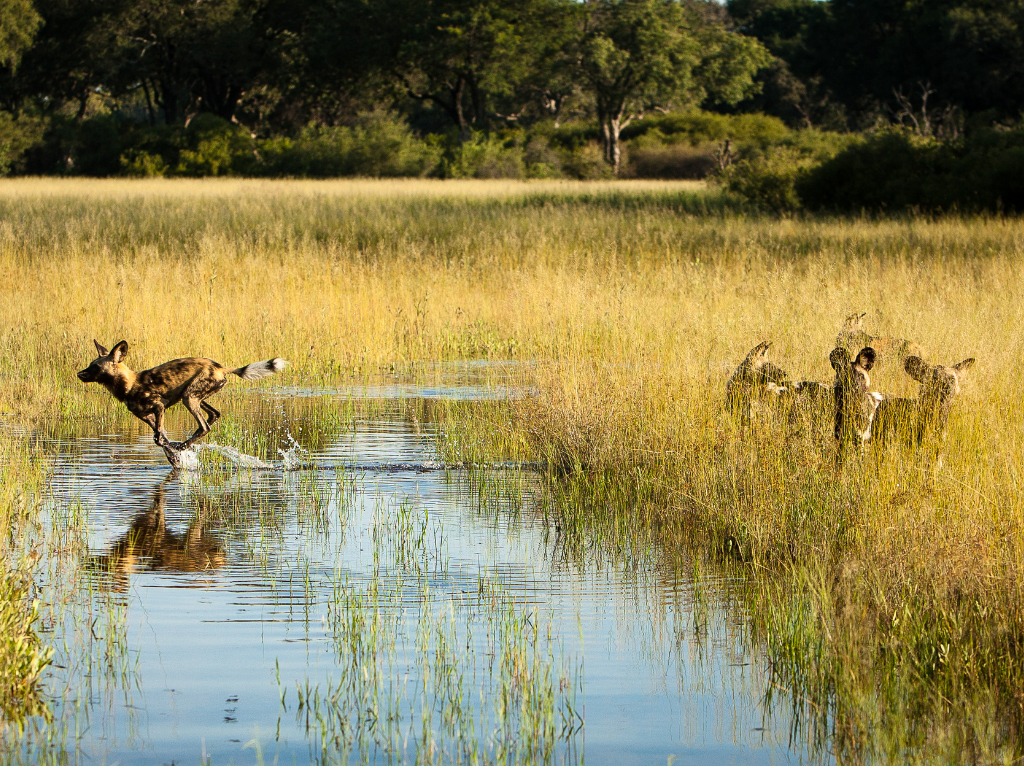In a recent article, Katie Koeper of the United States Agency for International Development (USAID) highlights whistleblowers’ importance in combating wildlife crime and technology that enables individuals to report corruption and trafficking securely.
According to the International Consortium on Combating Wildlife Crime (ICCWC)’s Annual Report 2020, there were 7,000 species in 120 countries that were affected by wildlife crime in 2020. The document reports that “Each year, 150+ rangers are killed in the line of duty protecting wildlife” and that “22% of animals are on the brink of extinction.” Koeper’s article states that “[w]ildlife trafficking has increased sharply in recent decades, in part due to corruption, low risk of detection, consumer demand, and high financial rewards.”
In 2014, USAID launched the Wildlife Crime Tech Challenge, incentivizing organizations and individuals to come up with ways to fight wildlife trafficking. The challenge had four main areas: “detecting transit routes, strengthening forensic evidence and data sharing, reducing consumer demand, and tackling corruption.”
One Grand Prize Winner was the National Whistleblower Center (NWC), a whistleblower advocacy organization. As a winner, NWC launched the Global Wildlife Whistleblower Program, an online platform that wildlife whistleblowers around the world can use to securely and “anonymously file reports of wildlife crimes to the appropriate authorities.” The Program also connects whistleblowers with attorneys to help them with cases. According to the article, the intake process from the Global Wildlife Whistleblower Program “has referred at least 12 cases for legal action.”
Koeper discusses NWC’s efforts to increase awareness about wildlife whistleblowers, which have already had major impacts. At the 2021 International Union for Conservation of Nature (IUCN) World Conservation Congress, Members voted to adopt Motion 39, which is named “Protecting environmental human and people’s rights defenders and whistleblowers.” The Motion “urges governments to adopt and uphold laws aimed at protecting environmental defenders and whistleblowers, while also encouraging the IUCN Director General to, among other things, develop an ‘IUCN policy and action plan on environmental human rights defenders and whistleblowers,’” according to previous WNN reporting.
Additionally, Representatives John Garamendi (D-CA) and Don Young (R-AK) reintroduced the Wildlife Conservation and Anti-Trafficking Act (WCATA) in November of 2021. The bill has been “widely supported by both whistleblower and wildlife advocacy groups,” WNN reports. Rep. Young told WNN in September of 2020 that wildlife whistleblowers are “our eyes and ears on the ground” and “invaluable partners in the fight against illegal hunting and fishing.”
“With the shifts around wildlife whistleblowing, the impact of USAID’s Wildlife Crime Tech Challenge, and its support for the Global Wildlife Whistleblower program, will play a crucial role in promoting good governance — and, in turn, development and the conservation of natural resources and biodiversity,” Koeper concludes.
Read more environment and climate whistleblower news on WNN.
